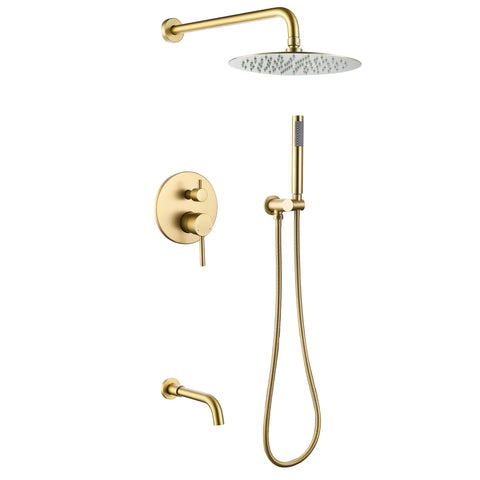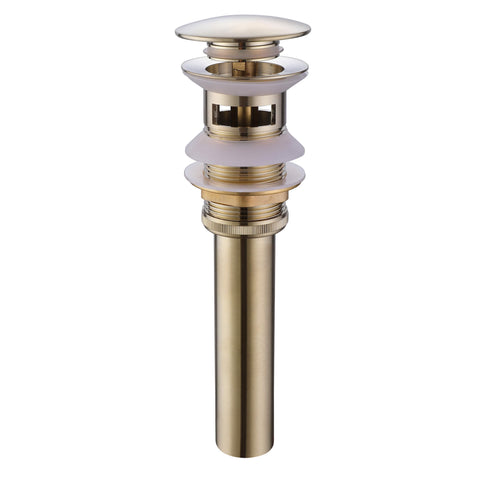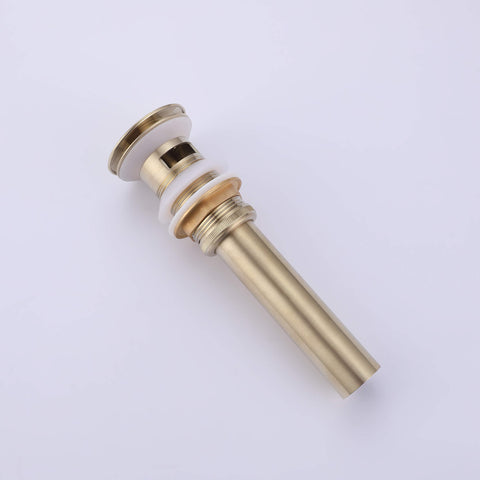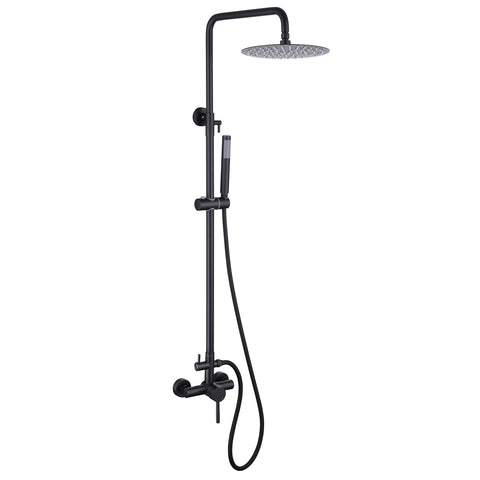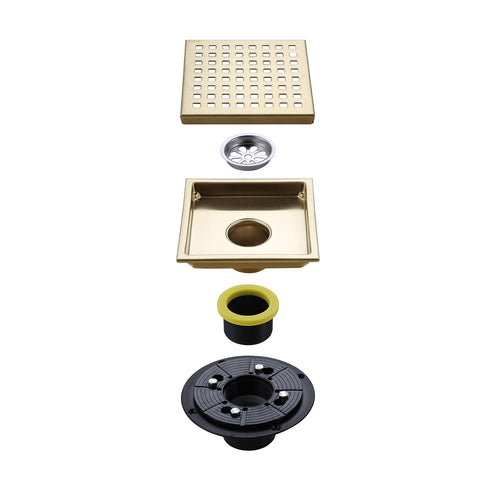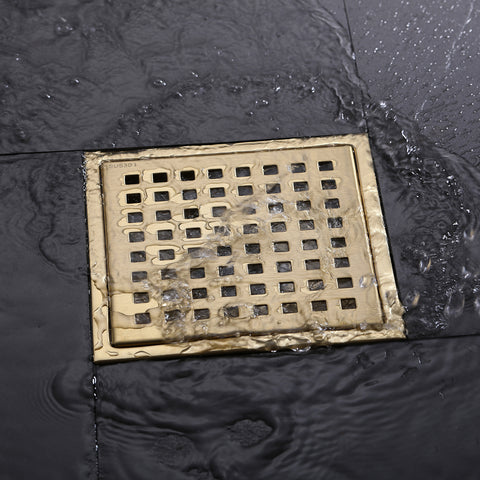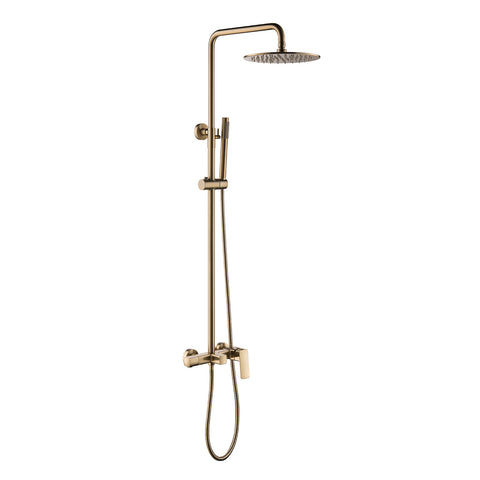Buying a Quality Kitchen Faucet: Helpful Tips to Improve Your Dishwashing Skills and Make Housework Easier
1. The Importance of a Quality Kitchen Faucet
A kitchen faucet is more than just a fixture that delivers water; it's an essential tool that significantly impacts your dishwashing routine. A cheap and poorly functioning faucet can lead to frustration, wasted water, and inefficient cleaning. On the other hand, a well-designed, high-quality faucet can make a world of difference, streamlining your dishwashing process and making it a breeze.
2. Choosing the Right Kitchen Faucet
When it comes to selecting a kitchen faucet, you'll want to consider several factors to ensure it fits your needs and preferences. Some important things to look for include:
a) Faucet Type: There are various types of kitchen faucets, such as single-handle, dual-handle, pull-down, and pull-out faucets. Each has its advantages, so choose the one that aligns with your washing habits and kitchen setup.
b) Material and Finish: Opt for faucets made from durable materials like stainless steel or brass, as they are resistant to corrosion and wear. Additionally, choose a finish that complements your kitchen decor.
c) Water Efficiency: Water conservation is crucial, not just for the environment but also for reducing your water bill. Look for faucets with WaterSense or similar certifications, as they are designed to be water-efficient.
d) Sprayer Functionality: A faucet with a convenient sprayer feature can make rinsing dishes easier and more efficient.
e) Installation and Maintenance: Consider faucets that are easy to install and maintain to avoid unnecessary hassle.
3. Improving Dishwashing Skills
Apart from having a quality faucet, there are several tips and tricks you can incorporate into your dishwashing routine to make it less tiresome and more effective:
a) Pre-rinsing: Before loading your dishes into the sink, scrape off any excess food particles and pre-rinse them under running water. This will prevent clogging and ensure cleaner dishes.
b) Organize Your Sink Area: Keep your dishwashing tools, like scrub brushes, sponges, and dish soap, within easy reach. This will save you time and make the process more efficient.
c) Load Dishes Strategically: When loading your dishwasher, place larger and more durable items at the back and delicate items upfront. This prevents overcrowding and ensures thorough cleaning.
d) Use Hot Water Wisely: Hot water helps remove grease and stains effectively. Soak heavily soiled dishes in hot soapy water before washing them for better results.
e) Adopt a One-Step System: Try washing, rinsing, and drying dishes in one go, rather than leaving them to accumulate. This will prevent the overwhelming feeling of a mountain of dirty dishes.
f) Clean as You Go: Whenever you have a few minutes to spare in the kitchen, wash a couple of dishes or clean the countertops. This little-and-often approach prevents the build-up of a massive cleaning task.
4. Enjoying Housework with Music or Audiobooks
Housework doesn't have to be tedious and dull. Brighten up your dishwashing routine by listening to music, podcasts, or audiobooks. Engaging your mind with enjoyable content can make the time fly by, and you might even start looking forward to doing the dishes!
Investing in a quality kitchen faucet and adopting efficient dishwashing practices can transform the way you approach housework. By choosing the right faucet, organizing your sink area, and following the tips mentioned above, you can improve your dishwashing skills and make this daily chore much more manageable. So, turn on your favorite tunes or listen to an exciting audiobook, and turn dishwashing into a productive and enjoyable activity!
